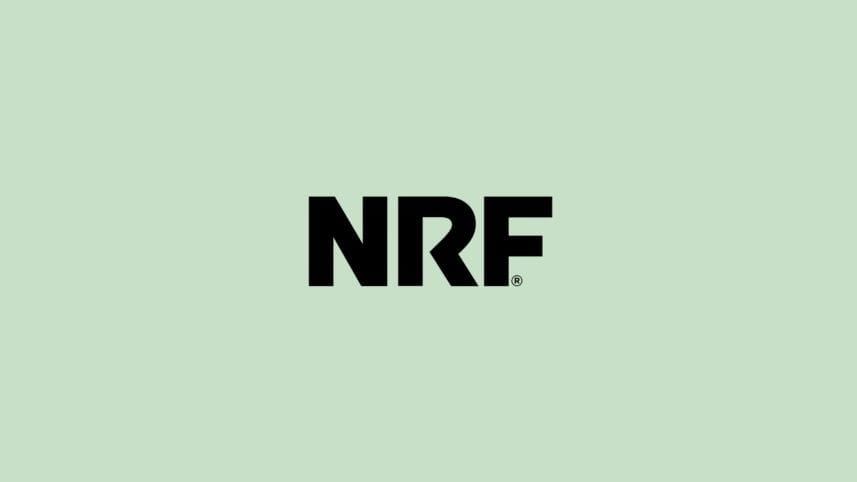Tariffs may raise costs for American families: US retail federation

The National Retail Federation (NRF) has warned that the Trump administration's plan to impose reciprocal tariffs on all trading partners will likely lead to higher prices for American consumers and disrupt local economies, particularly small businesses.
"More tariffs equal more anxiety and uncertainty for American businesses and consumers," said David French, Executive Vice President of Government Relations at the NRF, in a statement.
"While leaders in Washington may not care about higher prices, hardworking American families do."
The NRF, which advocates for retailers, brands, and policies that support the success of the retail sector, is based in Washington, DC. According to its website, the association represents an industry that supports 55 million U.S. jobs and contributes $5.3 trillion to the gross domestic product.
Citing a recent NRF poll conducted by Morning Consult, French noted that 88 percent of voters believe small businesses play a key role in their local economies.
"These tariffs will have a disproportionate impact on local communities and be particularly harmful to small retailers," he said.
French also emphasized that the burden of tariffs falls on U.S. importers—not foreign suppliers—with the added costs ultimately passed on to end consumers.
"Tariffs are a tax paid by the U.S. importer that will be passed along to the end consumer," he explained.
He further cautioned against the immediate implementation of the tariffs, arguing that such a move would require significant preparation and advance notice for the millions of businesses likely to be affected.
"We encourage President Trump to hold trading partners accountable and restore fairness for American businesses—without creating economic uncertainty and higher prices," he added.
Meanwhile, in a separate statement, the NRF projected that retail sales in 2025 would grow between 2.7 percent and 3.7 percent from 2024 levels, reaching between $5.42 trillion and $5.48 trillion. This projection comes despite ongoing policy uncertainties and concerns over inflation and tariffs.
"Overall, the economy has shown continued momentum so far in 2025—bolstered by low unemployment and real wage gains. However, significant policy uncertainty is weighing on consumer and business confidence," said NRF President and CEO Matthew Shay.
Online and non-store sales are expected to rise by 7 to 9 percent this year, increasing from $1.47 trillion in 2024 to as much as $1.6 trillion in 2025.
However, the NRF expects GDP growth to slow to just below 2 percent in 2025, down from 2.8 percent in the previous year.
While consumer confidence has declined, NRF Chief Economist Jack Kleinhenz said that the fundamentals remain solid, supported by a stable labour market and strong household finances.



 For all latest news, follow The Daily Star's Google News channel.
For all latest news, follow The Daily Star's Google News channel.
Comments